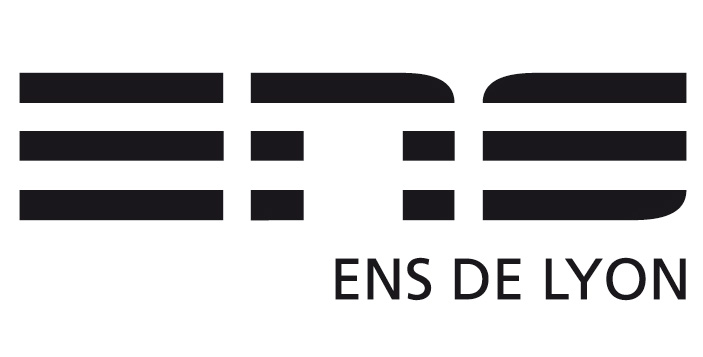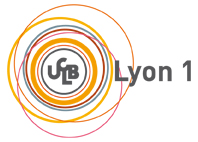Revati Kumar
| When |
May 11, 2022 à 10:30 AM |
|---|---|
| Where |
André Collet |
| Contact |
Carine Michel |
Liquid electrolytes: From Aqueous Solid-Liquid Interfaces to Ion Solvation in Non-Aqueous Systems
The research focus of my group is to investigate the effect of solvation environment on charge transport, structure and dynamics of both aqueous and non-aqueous electrolytes using molecular simulations. An important aspect of our research is understanding the effect of secondary/non-covalent interactions on the properties of electrolytes both in the bulk and at the interface using molecular simulations. The interface is essentially a region wherein the symmetry of the bulk environment is broken and thus can include a wide range of systems from the surface of an electrode in contact with an electrolyte to an aggregate/micelle in contact with a solution. I will present two systems that my group is working on. The first part of my talk will focus on graphene oxide (GO)-aqueous solution interfaces. This interface is critical for many exciting GO-based technologies such as water purification, catalysis, energy storage and proton exchange membranes. The questions that will be discussed are whether the interfacial waters are highly ordered or not and whether the surface is reactive. Comparisons between conventional force-fields and first principles ab initio molecular simulations will be discussed and the results partially validated on recent vibrational sum frequency generation spectroscopy data. The second part of my talk will focus on glyme based electrolytes that unlike their aqueous analogues, have received comparatively little attention from a fundamental perspective. The structure of these linear chain ethers is reminiscent of crown ethers, hence they are excellent cation chelators. The efficient cation solvation of glymes in turn impacts counterion reactivity and transport. Solutions of metal salt in glymes have a wide range of applications, including but not limited to organic synthesis, biocatalysis, electrochemistry, and energy storage technologies. The focus of the Kumar group is to investigate the role of ion solvation on the chemical properties of glyme based sodium salt electrolytes that are relevant to energy storage applications. Given the inadequacies of "off the shelf" effective pair potential in describing these electrolytes, the development of inexpensive force-fields to study these systems is essential. The Kumar group uses data from ab initio quantum simulations in conjunction with experiments in the condensed phase to develop and test new empirical atomistic models of sodium triflate in diglyme. The details of the force-field development as well as the transferability of these models to glymes of different chain lengths as well as different anions with similar chemical motifs as triflate will be discussed. The results from the simulations on the solvation structure, charge transport and aggregation as a function of glyme chain length and anion identity will be presented.



